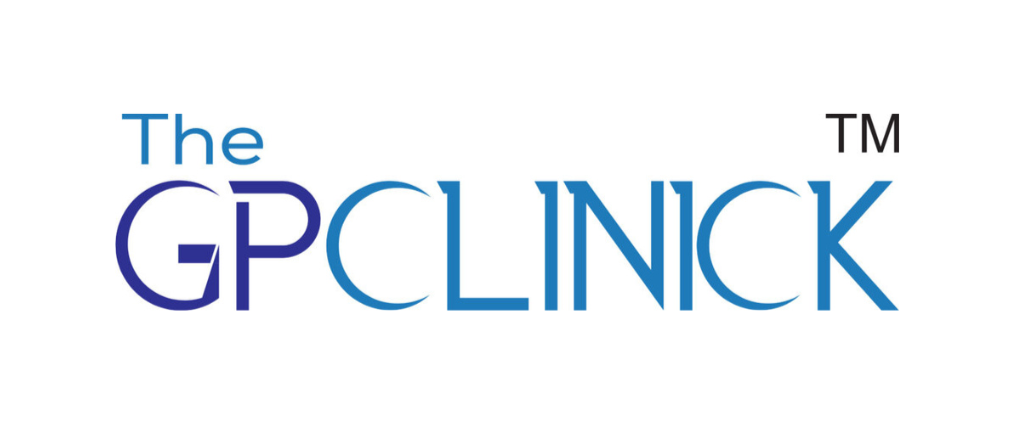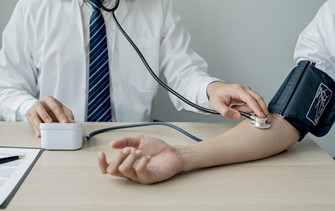Blood Pressure monitoring measures the force exerted by circulating blood against the walls of blood vessels, typically recorded in millimeters of mercury (mmHg). It consists of two values: systolic pressure (during heart contractions) and diastolic pressure (when the heart relaxes between beats).
Purpose
Blood pressure monitoring helps assess cardiovascular health, detect high blood pressure and low blood pressure (hypertension and hypotension), and guide medical interventions to prevent complications such as heart disease and stroke.
Methods
Blood pressure can be measured using manual techniques involving a sphygmomanometer, stethoscope, or automated devices that provide convenient and accurate readings.
Risk Factors
Factors influencing blood pressure include
- Age
- Genetics
- Lifestyle habits (diet, exercise)
- Medical conditions (diabetes, kidney disease) and medications
Consequences of High Blood Pressure: Untreated hypertension leads to serious health issues like heart attacks, strokes, kidney damage, and vision loss.
Consequences of Low Blood Pressure: Excessively low blood pressure may result in dizziness, fainting, and inadequate blood flow to vital organs.
Blood pressure screening is advised for adults aged 18 years and older, with frequency based on individual risk factors and medical history. Measurements should be taken under standardized conditions, such as in a relaxed, seated position after a period of rest, and avoiding factors that may influence readings (e.g., caffeine, nicotine, and physical activity).
- Normal blood pressure – 120/80 mmHg
- Readings between 120-129/80 mmHg indicate elevated blood pressure
- Stage 1 hypertension ranges from 130-139/80-89 mmHg
- Stage 2 hypertension exceeds 140/90 mmHg or higher
Home monitoring and Benefits
Technological advancements allow home blood pressure monitoring, empowering individuals to manage their cardiovascular health. Home devices offer convenience and accessibility, enabling regular monitoring and early detection of abnormalities, particularly in those with hypertension or other cardiovascular risks.
Management & Prevention
Managing blood pressure effectively requires lifestyle changes, medication adherence, regular monitoring, and doctor follow-ups. Early detection and management through regular monitoring can prevent cardiovascular complications and improve long-term health.
Blood pressure monitoring is essential for cardiovascular health. Regular checks help detect issues early, enabling timely intervention. With modern technology, home monitoring is convenient, allowing individuals to take control of their health. Effective blood pressure management is possible through accurate readings and collaboration with healthcare providers, promoting overall wellness.



